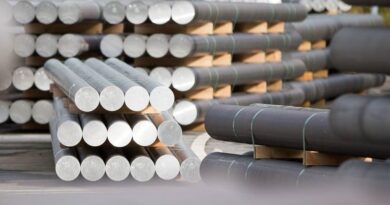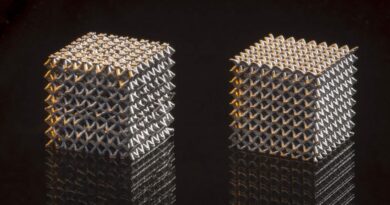EnviroLeach recovers over four fifths of tin contained in circuit boards
Canadian e-waste recycler EnviroLeach have released new results showing that their environmentally friendly, cost-efficient process consistently recovers over four fifths of tin contained in circuit boards. The processed concentrate from crushed boards had an average tin grade of 5.57%.
Duane Nelson, CEO of EnviroLeach, said: “This marks a pivotal breakthrough for the entire electronics sector. The cost-effective recovery of tin from scrap PCBAs has been a long-sought-after industry goal. This breakthrough technology could now lead to a significant secondary source for this critical and strategic metal.”
This most recent phase of EnviroLeach’s research focused on low-grade circuit boards and the potential re-use of leach solution to improve economic viability. Over 16 cycles, their “locked-cycle” reusability tests resulted in continuous recoveries averaging 84.2%. These results confirmed that the leach solution, which recovers tin from circuit boards, can be reused.
Through the recovery and sale of tin alongside other metals from circuit boards, EnviroLeach’s process will potentially increase operating margins. Moreover, EnviroLeach’s recovery process reduces the volume of material sent to smelters for recycling. This reduced role of smelters lowers downstream processing charges, raises metal payments, and reduces environmental impact.
The next stage for EnviroLeach is a pilot-scale plant aiming to finalise the economics and engineering of their environmentally friendly process. Their cyanide-free and water-based solution offers a “new standard” for hydrometallurgical extraction from e-waste.
Tin contained in spent circuit boards will approach 90,000 tonnes by 2026. E-waste represents one of the largest recovery opportunities for tin, but circuit board metal recycling efforts often focus on precious metals or copper. By including tin in recovery efforts, scaling up EnviroLeach’s efforts could not only boost operating margins but also greatly improve the supply security of tin.




